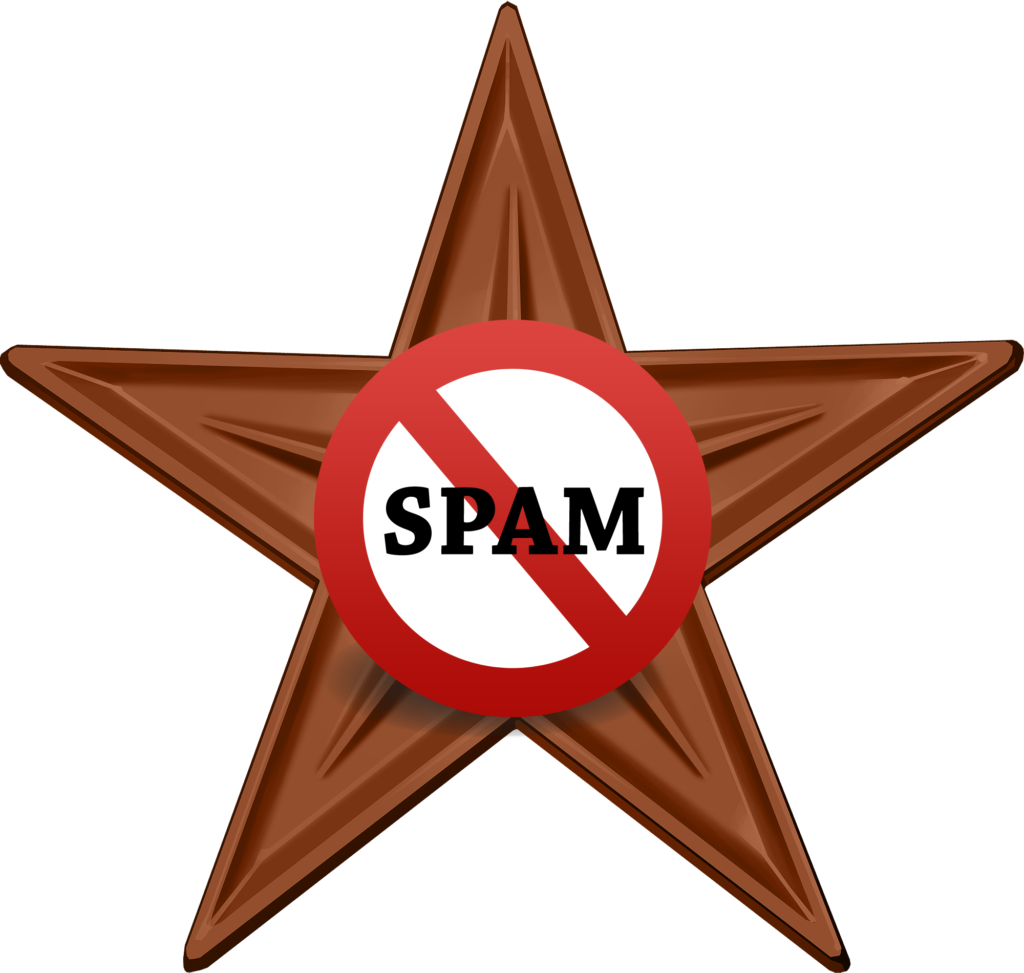As an ethical Wikipedia consultant, I often get asked, how can I use Wikipedia to promote my business and boost its presence in search engine results? My answer is simple, you can’t. Wikipedia is an educational resource, not a promotional tool. Wikipedia is an open-source project that anyone can get involved with. The aim is to document the sum of all human knowledge and make it available and accessible to anyone anywhere. It’s an amazing goal and if we all contribute in whatever way possible we might just see Wikipedia achieve its goal in our lifetime. However, using the site for selfish and personal gains will divert resources away from this goal, so be respectful. If you are thinking of creating content or if your business already has Wikipedia content but you want to improve it, always keep the aims of the project in mind. Think of it as an opportunity to educate people about your business. Ideally your Wikipedia page should provide a gateway for anyone wishing to learn more about you or your business. So, bearing this in mind, here is a list of Do’s and Don’ts designed by me to help anyone anywhere learn more about your business.

Don’t! Make a mess.
Before diving in and making edits take some time to learn how to edit and reference properly. Wiki code is very simple so familiarising yourself with the basics won’t take long. It’s important to use the right headers and referencing style. Treat Wikipedia like any other public space, don’t make a mess then expect someone else to clean it up. Always remember that Wikipedia’s editors and admins are volunteers so don’t antagonise them. Also stuffing pages full of links to your website and other business related content is not cool. Spamming Wikipedia is the internet equivalent of stencilling your company logo to a bus stop: it is vandalism. So, don’t do it!

Do! Make sure your business is notable…
Wikipedia is an Encyclopaedia. Encyclopaedia articles must be written in a clear academic tone and the subject must be notable. For a subject to be considered notable there must be reliable independent secondary sources available. This is where many first-time editors come unstuck. But it’s quite simple. I like to use the subject of gravity to illustrate notability. Before 1687 one could walk into a library, hold up an encyclopaedia, let go and the encyclopaedia would fall to the floor. However, it wasn’t until Isaac Newton defined gravity in mathematical terms and had his ideas written up in numerous peer review journals that gravity became an encyclopaedia worthy subject. By the way, don’t hop in a time machine and start throwing books around in ye old English libraries, you will most likely be subjected to some obscure medieval punishment.

Don’t! Use primary sources.
Now this one is a biggie so pay attention. A primary source is any source closely connected with you or your business, for example your company’s twitter feed is a primary source. Equally if you use affiliate blogs, they too are primary sources because they lack editorial independence. Now I appreciate most of my clients are entrepreneurs, university of life graduates or just straight up ballers. But some of my client’s really should know better (legal professionals, scientists, authors I am looking at you right now). A Wikipedia page must be sourced from publications independent from your organisation. You may have paid a small fortune for a top-notch SEO copywriter to craft a sublime rhetoric rich blog or you might have hired a star-spangled PR guru to write a scintillating press release. However, if it was published by you then it is a primary source and you cannot use it.

Do! Make regular donations!
Did you base your entire PhD on a Wikipedia page? What about that embarrassing rash you needed to look up the other week? Yes? Thought so. Wikipedia may be ostensibly run by volunteers but hosting over 45 million pages in 301 different languages takes a lot of server space. Everything from device testing to keeping the servers cool requires money. So if you use Wikipedia in your personal, academic or professional life (let’s be honest we all do) go to https://wikimediafoundation.org/ and (depending on the size of your dissertation or severity of your rash) make a small or large one off donation or set up a standing order for as little as £2 a month.

To wrap things up…
So, there you go! Some do’s and don’ts for anyone wishing to increase their businesses presence on Wikipedia. Of-course this list is by no means exhaustive, in fact it barely scratches the surface. But the good news is there are literally thousands of Wikipedia pages and essays devoted to its guidelines, etiquette and standards. There are even a few YouTube videos, go ahead and get stuck in. Happy editing.
Disclaimer! I do not work for Wikipedia and I am not affiliated with Wikipedia in any way.



